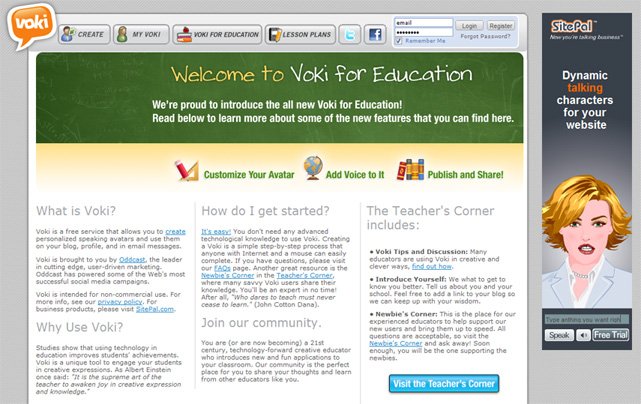March’s Top Ten Innovation and Marketing Articles — from Blogging Innovation by Braden Kelley
My thanks to Mr. Brian Christian for this resource/blog as well as for the resources mentioned below.
- Innovator Lifetime Value – by Braden Kelley
- Innovation is Highest and Best Use for Social CRM – by Hutch Carpenter
- 5 Design Thinking Myths in Business – by Idris Mootee
- 8 Ways to Measure Innovation Potential – by Jeffrey Phillips
- Welcome to the Brave New World of Innovation Ecosystems – by Paul Hobcraft
- 5 Ways to Ignite a Culture of Innovation – by Mitch Ditkoff
- How PepsiCo, Kraft & MWH Accelerate Innovation – by Andrea Meyer
- Leadership and Knowledge Management – by Mike Myatt
- No Vision = No Innovation – by Jeffrey Phillips
- Innovation Thrives Between the Lines of Chaos and Control
– by Hutch Carpenter
Two from the archive of 2,500+ articles that shot to the top:
- Create a Culture of Successful Failure – by Paul Sloane
- 50 Awesome Quotes on Risk Taking – by Mitch Ditkoff
From DSC:
Brian also recommends four LinkedIn Groups:
- PDMA
- Front End of Innovation
- Innovate the Future
- New Product Development, Innovation and Growth
…as well as the RSS feed called Innovation Daily.









